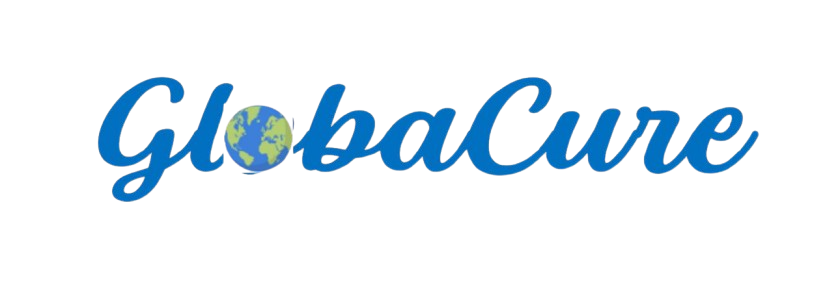Activities
Our Key Activities
Our key Activities focus on fostering collaboration and advancing the development of therapeutics and vaccines:

Identifying Global Partners:
Seeking Collaboration Opportunities with Research Institutions and Organizations to Drive Translational Advancements
Identifying and securing partnerships with global research institutions, academic organizations, pharmaceutical companies, and NGOs is crucial for advancing translational research. This involves assessing potential partners’ capabilities, areas of expertise, and shared interests to create synergistic collaborations that accelerate the translation of scientific discoveries into clinical applications. The goal is to establish strong, impactful partnerships that facilitate resource sharing, data exchange, and the integration of cross-disciplinary expertise, ultimately driving breakthroughs in therapeutic development and addressing global health challenges.
Funding Opportunities:
Initiating partnerships with with Funding Agencies and CROs to Accelerate Research and Development Efforts
Securing funding is essential for sustaining and advancing research projects. This involves actively seeking and cultivating relationships with funding agencies, such as governmental bodies, foundations, and industry partners, as well as collaborating with contract research organizations (CROs) to optimize research activities. The focus is on identifying grant opportunities, preparing compelling grant proposals, and aligning research priorities with available funding streams. By partnering with financial stakeholders and operational experts, the aim is to accelerate the pace of research and development, while ensuring efficient allocation of resources and achieving project milestones.


Research & Development Plans:
Compiling Comprehensive Plans Outlining Critical Pathways for Effective Therapeutic Development
Research development planning is the cornerstone of effective therapeutic development. This involves creating a detailed, strategic plan that includes target identification, lead optimization, preclinical validation, clinical trial phases, regulatory milestones, and commercialization strategies. Each plan is tailored to address the unique scientific and regulatory challenges of the specific therapy. It encompasses the identification of key experiments, timelines, resource requirements, risk mitigation strategies, and contingency planning. The objective is to ensure a well-defined pathway that maximizes the potential for success while minimizing delays and optimizing resource use.
Botanicals Development:
Facilitating the Regulatory Approval Process for Botanical Products in Various Countries
Botanical product development presents unique challenges due to diverse regulatory requirements across different countries. Facilitating this process involves designing and implementing strategies that navigate these complexities, including compiling dossiers that detail safety, efficacy, and quality, as well as meeting the specific guidelines set forth by regulatory authorities such as the FDA, EMA, and WHO. This also includes conducting preclinical and clinical studies tailored to the requirements for botanicals, ensuring standardization and consistency of raw materials, and managing quality control processes. The goal is to support the approval and commercialization of botanical products, ensuring compliance while maintaining product integrity.


Regulatory Compliance:
Ensuring Adherence to All Necessary Regulatory Frameworks for Research and Clinical Trials
Ensuring regulatory compliance is a critical aspect of conducting high-quality research and clinical trials. This includes staying abreast of national and international regulations, such as those from the FDA, EMA, and ICH guidelines, and ensuring that all activities—from preclinical testing to clinical trials—adhere to Good Laboratory Practice (GLP), Good Clinical Practice (GCP), and Good Manufacturing Practice (GMP) standards. It also involves managing regulatory submissions, audits, and responding to regulatory agency feedback. The focus is on minimizing risk and ensuring the safety, efficacy, and quality of research, ultimately paving the way for successful product approvals.
Tailored Learning Programs:
Developing Specialized Curricula for Workshops and Conferences to Educate Stakeholders
Tailored learning programs are essential for educating stakeholders—such as healthcare professionals, researchers, regulatory experts, and policymakers—on key topics relevant to health research and development. This involves designing specialized curricula for workshops, seminars, and conferences that are aligned with the needs and interests of the target audience. Topics may range from regulatory compliance, clinical trial design, translational research techniques, to health systems strengthening and therapeutic advancements. The aim is to create engaging, evidence-based educational experiences that build capacity, enhance knowledge, and ultimately support the effective translation of scientific research into health solutions.


